The Demands of
Composition Writing
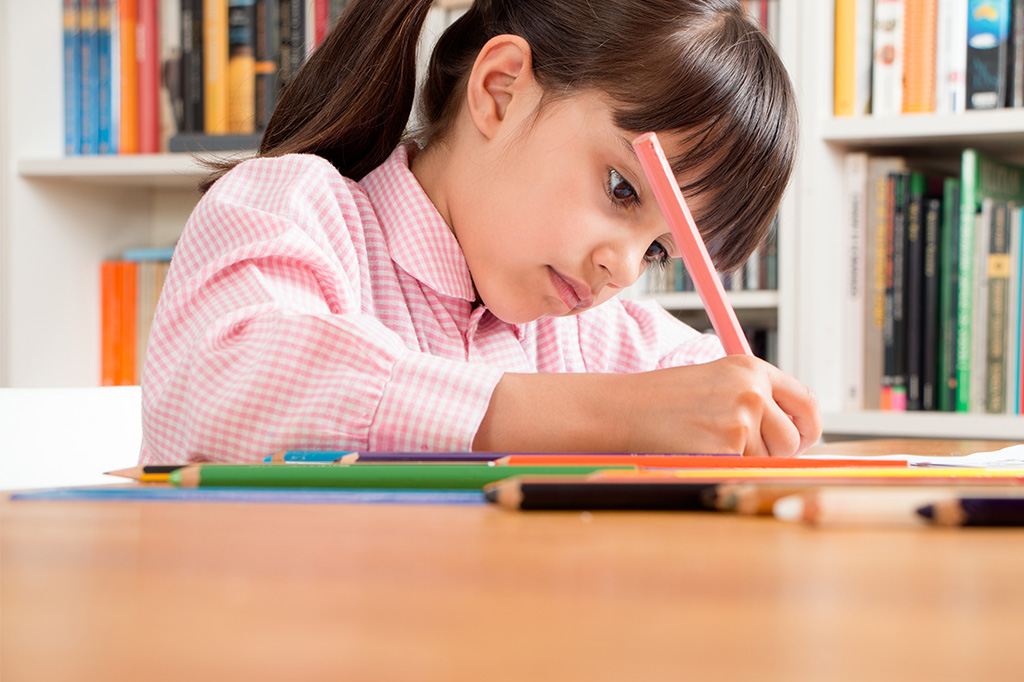
⏱️ 4 min read
What is composition (creative) writing?
It is a common misconception that creative writing—formally known as composition writing—is simply about writing a fiction story.
A child can also compose non-fiction texts creatively: for example, a diary entry, greeting cards or an invitation letter to a birthday party. The opportunity, and/or requirement, to write a piece of composition, therefore, lies everywhere.
Writing at Primary school
Writing tasks are a significant part of teacher-assessed work and 11+ exams—the development of composition skills is therefore essential for achieving higher grades.
In Primary schools, students across all ages learn how to compose their writing. Year 1–2 students begin the journey by writing about themselves, friends or family, for example, using short sentences. In Years 3–4, students develop their use of language as they explore ideas more deeply, now combining sentences as paragraphs.
By the end of Years 5–6, students will have practised to write for a variety of purposes, such as narrative stories, persuasive letters or informative leaflets, with more complex sentences and clear overall structures.
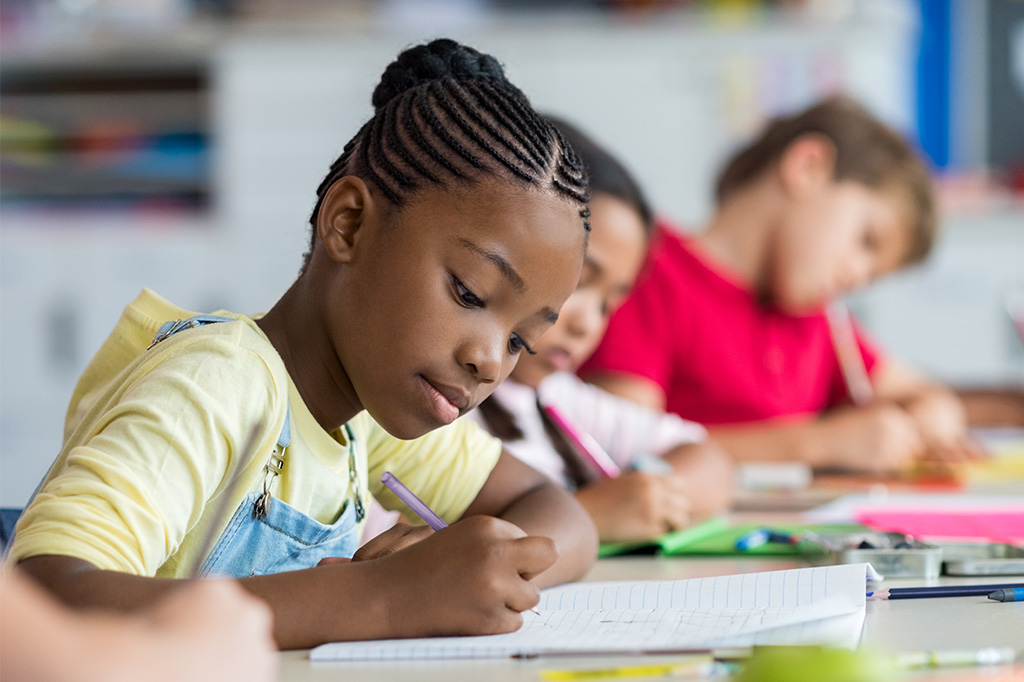
What makes a child a ‘good writer’
To shape any writing at any stage, a child needs to use their own language. They need to select effective (and appropriate) words to convey a thought, and order them with correct grammar.
Accuracy plays a huge role here since children need to think about several points, including:
vocabulary
spelling
word classes
tenses
sentence structure
punctuation
A deeper understanding of all of these points will be reflected in better composition, distinguished from others. And unquestionably, it comes from practice—the better young writer actively uses the new language they have learnt, and includes it in their composition with confidence.
Before picking up a pen and paper, children read the task and begin to plan or imagine what they are going to write about. Indeed, all children have imagination—and there is no limit to it. The key to composing creative ideas is to free up this imagination, and let them expand their thoughts as much as they desire.
Whether the task is to write a fictional story or a text message to a friend, it’s all writing. The young writers with a better grasp of language and structure can much better express their unlimited imagination. They have more freedom, control and confidence.
For the list of writing skills taught in Primary schools, please refer to the curriculums of your nation:
England
Wales
Scotland
Early, First and Second Levels
Northern Ireland
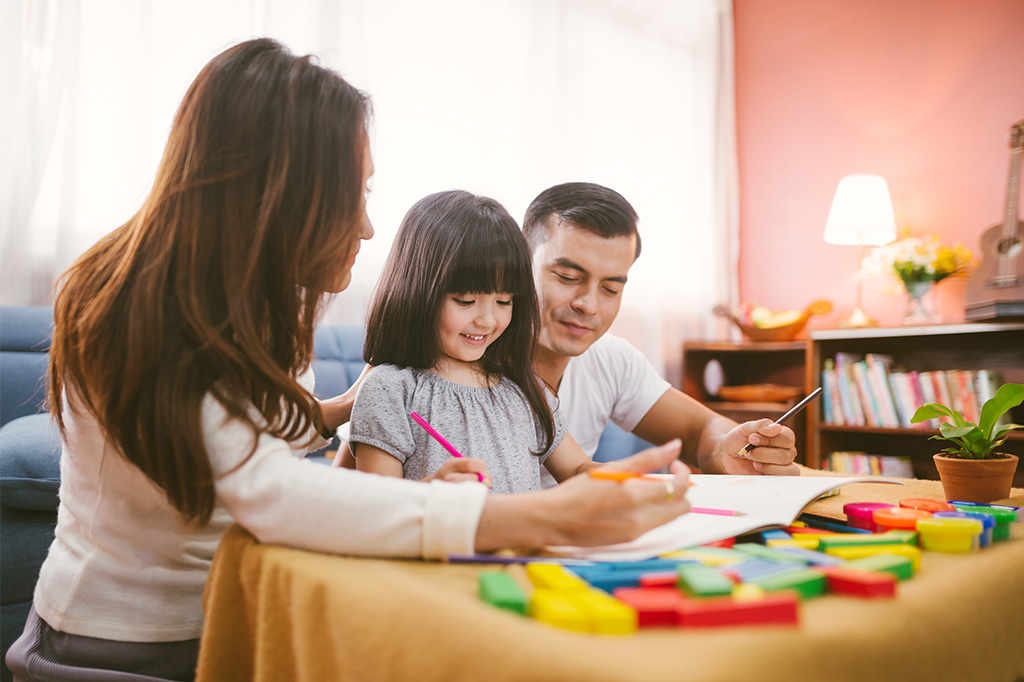
What influences a child’s writing
A child can enrich their imagination and absorb vocabulary from everywhere. They are surrounded by information to help them gather knowledge and language, upon which they can build their composition writing.
- Books are full of new vocabulary and phrases, which children can read and store in their mental dictionary. Moreover, imagination grows by immersing themselves into stories.
- Watching the news or listening to the radio helps gather knowledge on current issues. After all, all knowledge is applicable to all writings.
- Experiencing the real world—including both indoor and outdoor activities—informs the child’s world. Indeed, imagination itself needs reference points (even if it comes to them in a dream).
- Last but not least, interaction with parents, friends or teachers (or anyone) is an easily accessible source of styles, accents, vocabulary and personalities—all of which are nutritious materials for their writings.
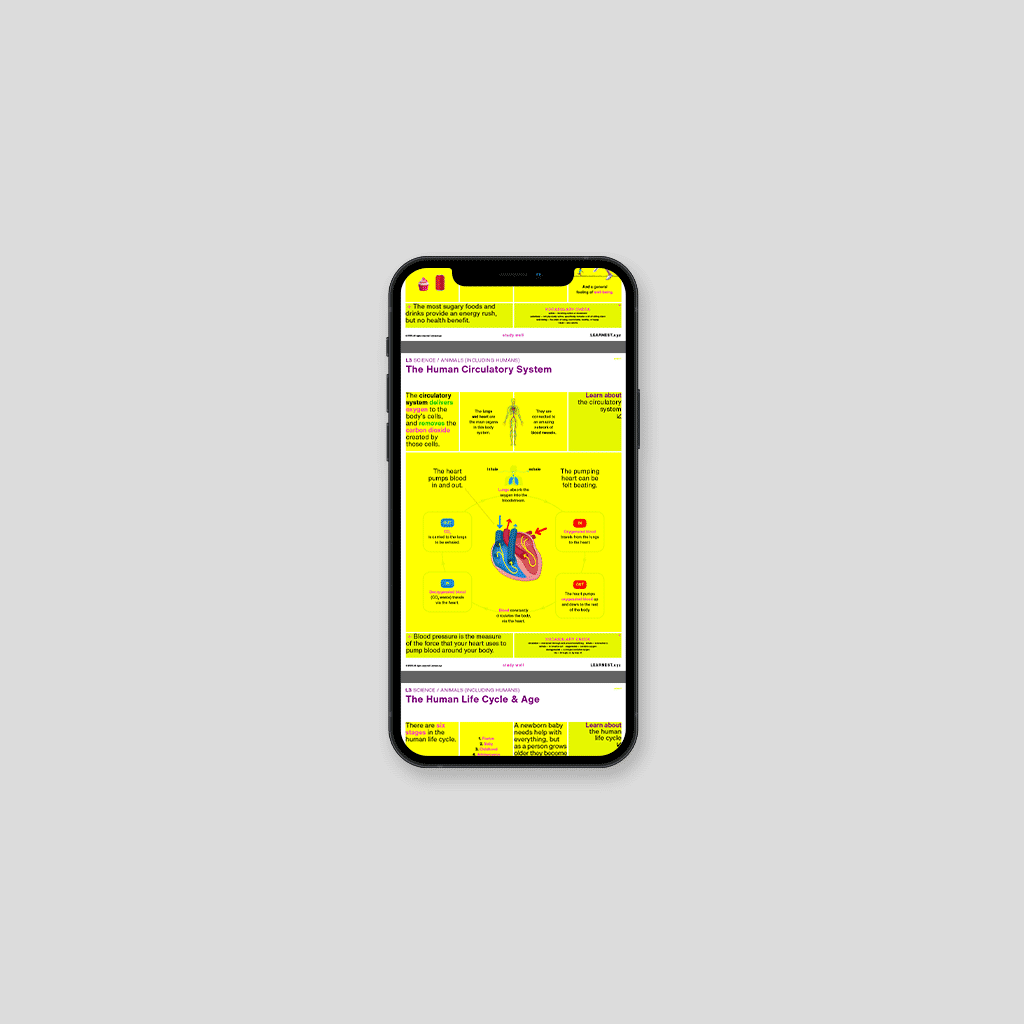
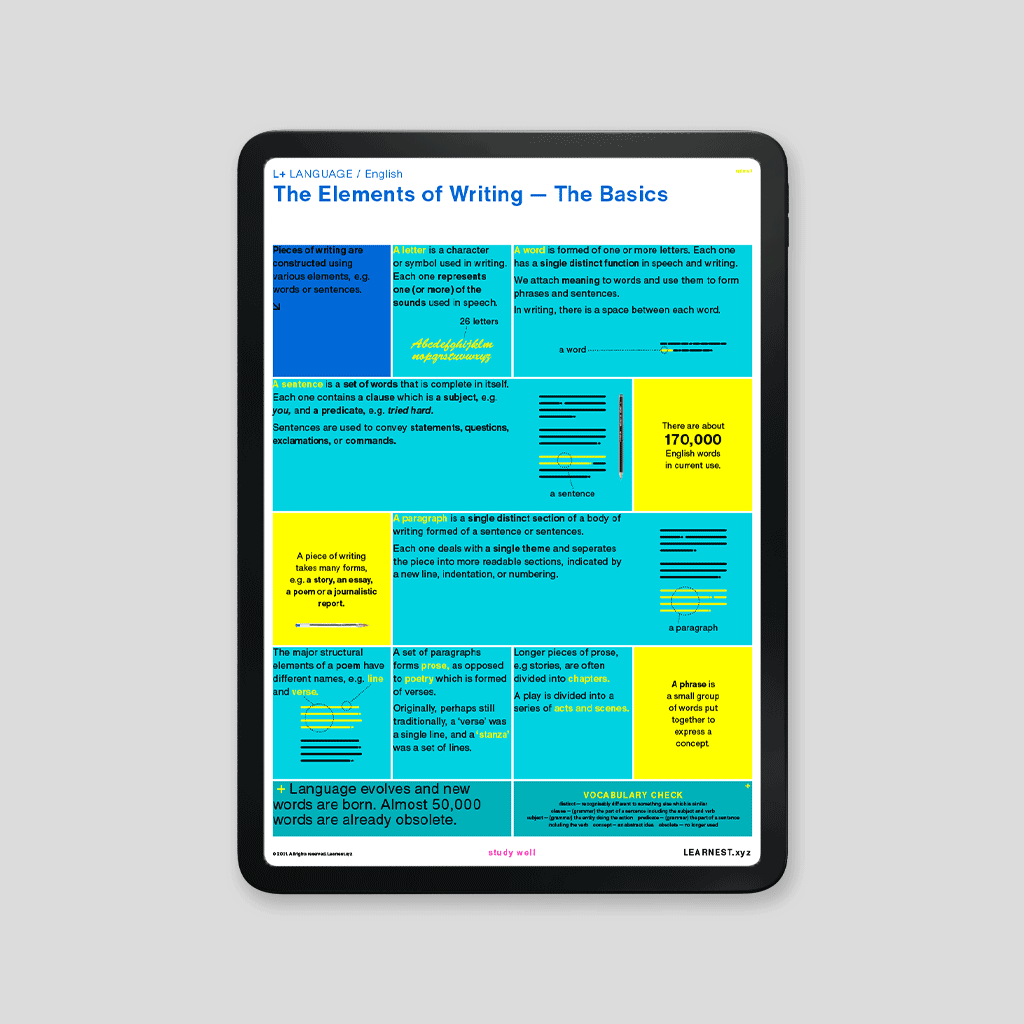
Children’s writing
In summary, children with better informed minds compose better writings. The more knowledge and language they have, the better they can articulate their creative ideas.
Children can combine their experiences from any activities, books, news or conversations, to imagine and create their world. Furthermore, having a richer range of vocabulary greatly helps a child convey their original thoughts more descriptively, interestingly or accurately—indeed, creatively!
Learnest’s materials aid a child to grow their knowledge base beyond the curriculums towards a more creative mindset.
With the same key words used in its varied forms, for example, Learnest students discover and refine their vocabulary constantly. And that’s great for their composition writing.
Throughout Learnest materials, extended vocabulary is shared ambitiously. Our ‘Vocabulary Checks’ and original illustrations help a child to grasp new words, for them to use in their next writing task, confidently and creatively.
Posted 28 April 2021
Authored by Asano Katashima
Edited by Elliot Paine
2021 © All Rights Reserved. Learnest.xyz